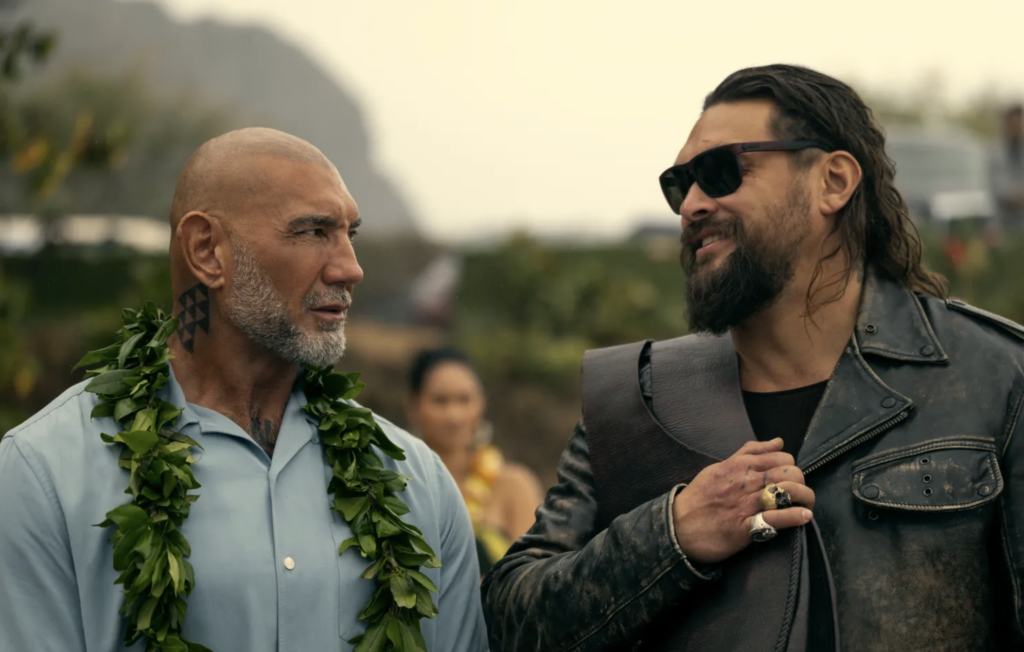Morning Glory

Listening to Pete Yorn explain his migration to California from New Jersey and his subsequent signing to Columbia Records, it’s hard to deny the urge to pack a bag and give it a shot. But then, Yorn benefited from having mastered the drums, guitar and bass and from nurturing a songwriting gift to near-maturity in the four years between landing in L.A. and recording musicforthemorningafter, his crackerjack debut.
The disc has yielded a sleeper hit in the bustling, briskly catchy “Life on a Chain.” With that success has come a numbing blitz of interviews and online chats with people who’d never heard the name Pete Yorn eight months ago. A few hours after Yorn talks to the Pitch from Los Angeles, he’ll play a homecoming gig there that sold out too quickly to accommodate all the friends on his guest list. But Yorn remains an understated presence in the face of these things, his speaking voice like that of a laconic Kevin Bacon. He is frugal with words, having used up plenty getting to this plateau.
“I moved to L.A. in the summer of 1996,” Yorn says. “And from then on, I was working on music nonstop, sending my four-track demos to everybody, friends and lawyers and label people.”
One of those tapes was handed to the producer of the Farrelly brothers’ movies. Yorn received several excited phone calls from Peter Farrelly while Farrelly was shooting last year’s Jim Carrey vehicle Me, Myself and Irene. “My stuff would be blasting in the background, and he’d say, ‘Send me more! I love it!'” Yorn says.
Yorn notes that his brief, well-reported association with the colorful filmmakers has led to the perception that they discovered him. But Yorn was already signed to Columbia and in the final stages of mixing music when he got the call from Farrelly. And after the Farrellys added to Irene two songs Yorn was then mixing for music, they called back and talked him into helping to score the movie, arguing against Yorn’s initial demurral, he says. “They wanted someone who’d never worked on a movie before. I didn’t want anything to get in the way of mixing the album. I was thinking I shouldn’t and that I wouldn’t have time, but I was a fan, so I did it.”
Most of music originated from the basement of the house Yorn and his brother shared. “We were lucky to find a house with space for me to do my thing,” he says. His brother was another Jersey transplant who had staked out L.A. earlier and who played in Yorn’s band in the year leading up to music‘s release.
“I had two brothers living in California,” Yorn recalls. “I had worked here a summer in college and knew college buddies here when I moved. I consider it my home now. My parents have moved out here and my grandparents even live here. My dad had this master plan to get my oldest brother out here because he knew me and my other brother would follow. Then everyone else could move. Two of my best friends from grade school and high school live down the street. I’ve always had family and a big group of friends to support me at shows, but when it started to get big, they’d call up and say, ‘Hey, I can’t get in your fuckin’ shows.'” (The friends would say that, not Yorn’s parents.)
Before signing with Columbia, Yorn held down day jobs — he was a bank teller for a spell — while playing acoustic shows wherever and whenever possible. He attracted the attention of labels, nearly signing with one that was gobbled up by Universal and lost most of its roster in the aftermath. Because of its dynasty of John Hammond-signed troubadours like Dylan and Springsteen, Yorn eyed Columbia from the start. In 1999, the label invited Yorn to its New York office. “I’m in a conference room, and they say, ‘Play us your biggest radio hit,'” Yorn remembers. He left the meeting wondering whether he would be granted only a development deal, but feeling inspired nonetheless.
“When I’m in the studio, the ideas start flying out of my head,” Yorn says. Once the Yorn brothers converted the basement to a studio/rehearsal space, songs for music first took shape from behind Pete’s drums. “I learned to play on my brother’s set,” Yorn says. His brother, Rick, “would love to play drums with a rock band, but his business blew up this year. We’re so close, but [when we played together] I’d be, ‘Come on dude, you’re playing it wrong.'” Rick plays right-handed; the otherwise left-handed Pete learned on Rick’s kit, so he also plays right-handed — his way: without crossing his hi-hat hand over his snare hand. He laughs at the suggestion that someone might tell him he’s playing it wrong. Yorn found a good road drummer in Luke Adams, but plans to keep playing the drums on disc. “Foremost, it’s because doing it is really fun. That’s how I get my feel.”
After laying down his drum tracks for music, Yorn added bass and guitar himself, later recruiting R. Walt Vincent and Liz Phair-producer Brad Wood for overdubbing. Most of music‘s songs were written around Yorn’s rhythm tracks, freeing him from the hazards that usually afflict buskers with freshly minted label deals. Even the quiet songs on music don’t sound like the product of a sensitive guy with a guitar.
In fact, although a couple of Yorn’s songs are so personal that he doesn’t perform them, he says his stark lyrics are more the result of stream-of-consciousness writing than a transcript of his diary. Yorn suffered the collapse of a long relationship as his music was coming together, but he says that little of the album is relevant to the breakup. Perhaps the best proof that Yorn’s songs come by their moodiness musically rather than lyrically is that the woman he broke up with is now a close friend. “That song’s about me,” Yorn says, good-naturedly imitating her in a high whine. “But I’m actually purposely vague, even when the songs are really personal.”
Yorn says that his impersonal personal approach to the words will help him dodge the other pitfall of new acts: the self-obsessed, post-success second album. He’s already recorded six songs for the follow-up from a batch of twenty he’s considering. “I like to create in the studio, so I won’t know everything until I get back there.”
For the rest of 2001, though, Yorn will be promoting music, answering questions like the one posed during a recent USA Today online chat. A woman was concerned about his T-shirt choices; the inquiry was along the lines of, “Why do you always wear red T-shirts?” He politely responded that he likes red shirts, but doesn’t always wear red shirts. As it happens, Yorn admits that today he’s wearing the shirt he sports on music‘s black-and-white cover. The coincidence points out both the singer’s unassuming nature and the tendency of even the unassuming, when successful, to be misunderstood. Is the shirt red? “It’s blue,” he says. “Dark blue.”




